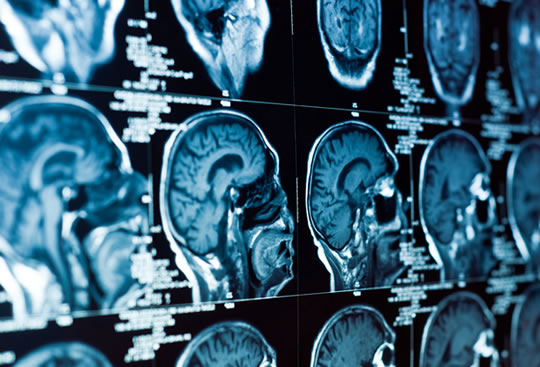Could there be an underlying biological cause for many mental illnesses?
Diagnoses as different as depression, addictions and schizophrenia are all linked to a similar pattern of gray-matter loss in the brain, a new study finds.
The results hint at an underlying biological cause for these mental illnesses.
Dr Thomas Insel, commenting on the study, said:
“The idea that these disorders share some common brain architecture and that some functions could be abnormal across so many of them is intriguing.”
The research, published in JAMA Psychiatry, pooled data from 193 separate studies, which included brain imaging from 7,381 patients (Goodkind et al., 2015).
Patients were experiencing all sorts of different mental illnesses, including depression, schizophrenia, OCD and some anxiety disorders.
Despite this, the researchers identified three structures in the brain which had shrunk across all the different diagnoses.
The areas of the brain — the left and right anterior insula and the dorsal anterior cingulate — are important parts of a network that is involved in making decisions, paying attention, task-switching and planning.
These connected regions of the brain are like an ‘alarm bell’, the researchers say.
Dr Amit Etkin, one of the study’s authors, explained:
“They work together, signaling to other brain regions when reality deviates from expectations — that something important and unpredicted has happened, or something important has failed to happen.”
While there were similarities between the mental illnesses, there were also differences.
People with major depression, for example, also had gray-matter loss in the hippocampus and the amygdala, areas which play key roles in memory and the emotions respectively.
Commenting, though, on the similarities seen across the different mental illnesses, Dr Insel said:
“I wouldn’t have expected these results.
I’ve been working under the assumption that we can use neuroimaging to help classify the different forms of mental illness.
This makes it harder.”
CT scans image from Shutterstock

